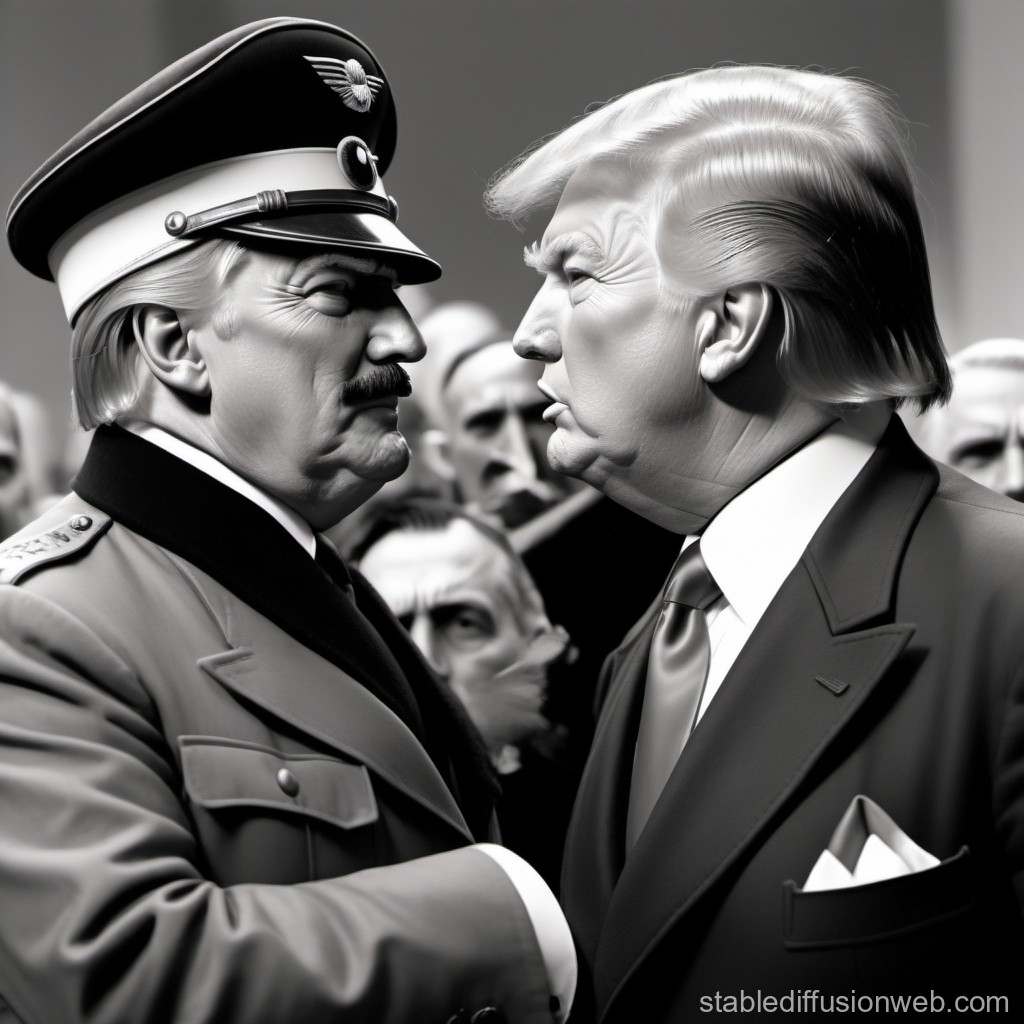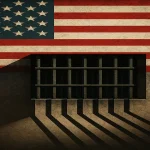Comparing the Nazi Dismantling of Institutions and the erosion of democracy in 1933 to the Trump Administration in 2025
Dismantling democratic institutions is a critical turning point in the rise of authoritarian regimes and the erosion of democracy. In 1933, Adolf Hitler and the Nazi Party rapidly dismantled Germany’s democratic structures after securing power. Similarly, concerns have been raised about the Trump administration’s actions since returning to power in 2025. While the historical contexts differ significantly, both cases highlight tactics aimed at consolidating power, weakening democratic checks and balances, and undermining free expression.
The Nazi Dismantling of Democracy in 1933
After Adolf Hitler was appointed Chancellor of Germany on January 30, 1933, the Nazi Party wasted no time in eroding democratic institutions. The Reichstag Fire on February 27, 1933, was a pivotal moment, as the Nazis used it as a pretext to push the Reichstag Fire Decree. This emergency decree suspended civil liberties, including freedom of speech, press, and assembly. It allowed the Nazis to arrest political opponents, especially Communists and Social Democrats, without due process.
Enabling Act
Soon after, the Enabling Act of March 23, 1933, effectively ended parliamentary democracy by granting Hitler dictatorial powers. This law permitted the chancellor to enact laws without the Reichstag’s approval, nullifying legislative oversight. Within months, all opposition parties were banned, trade unions were dissolved, and the judiciary was reshaped to align with Nazi ideology. By the end of 1933, Germany had transitioned from a democracy to a one-party totalitarian state. The erosion of democracy happened that quick and easy.
Parallels with the Trump Administration in 2025
Since returning to office in 2025, Trump has engaged in efforts that some critics argue mirror tactics used by the Nazis to erode democracy. While the U.S. remains a constitutional republic, several key actions have raised concerns about the health of its institutions.
| 1. Attacks on the Press | Trump has escalated attacks on independent media, labeling them “fake news,” restricting press access, and bolstering government control over state-affiliated outlets. Efforts have also intensified to discredit journalists reporting critically on the administration. | Echoes Nazi suppression of the press to silence dissent. |
| 2. Undermining the Judiciary | The administration is accused of appointing loyalists to key judicial positions. Judges opposing Trump’s policies reportedly face intimidation, public criticism, and disregard for rulings, threatening the independence of the judiciary. | Not as extreme as Nazi judicial purges, but it undermines the rule of law. |
| 3. Electoral Subversion | Since 2025, efforts have been made to overhaul voting laws in ways that affect opposition areas, raising concerns about voter suppression and executive control of elections. | Compared to the Nazi elimination of free elections. |
| 4. Cult of Personality and Division | Trump promotes nationalism and dehumanizes political opponents, refusing to denounce extremist groups and demanding loyalty. His rhetoric fuels division and undermines democratic norms. |
Key Differences
Despite these parallels, there are crucial differences. The U.S. still maintains institutional safeguards, and Trump’s actions have met resistance from courts, state governments, and civil society. Unlike Germany in 1933, the U.S. has not abolished opposition parties or eliminated legislative checks and balances entirely. Furthermore, Trump’s return to power followed a democratic election, whereas Hitler used emergency decrees to dismantle democracy from within.
Conclusion
While the Trump administration in 2025 has not fully dismantled American democracy, its actions have exposed vulnerabilities in democratic institutions. The Nazi rise to power in 1933 serves as a cautionary tale of how fragile democratic norms can be eroded through emergency measures, propaganda, and attacks on checks and balances. As history shows, vigilance is essential to preventing authoritarian encroachments, no matter the era or leader.
Web Search Results for Further Reading:
- Judges Under Stress and the Duty to Resist – Analysis of the Nazi takeover of the judiciary and how democratic institutions resist authoritarian pressures.
- Trump and Hitler: How Accurate a Comparison? – A discussion of the similarities and differences between Trump’s actions and Hitler’s rise.
- The Reich Stuff – Trump’s Nazi Parallels – Examination of Trump’s rhetoric and policies in comparison to Hitler.
- Comparing Trump to Hitler is Gross Trivialization of the Holocaust – A critical perspective on the historical accuracy of such comparisons.
[/vc_column_text][/vc_column][/vc_row]








Leave a Reply